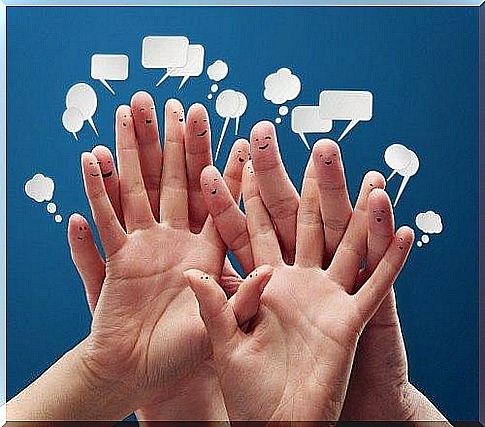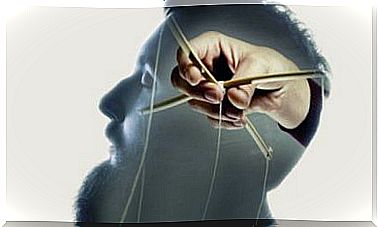I Don’t Have Social Skills … What Do I Do?

Although they do not have a definite definition, we all talk about them. Social skills are the set of behaviors that help us relate to others and that we usually learn by imitation. They shape our way of being in front of others and are revealed, for example, in the way we behave in a meeting or when starting a conversation with a stranger.
Social skills are closely related to psychology and for this reason can be addressed in consultation with a therapist. It is worthwhile as a first step to know well what they are before determining that you do not have any. You don’t have to be so pessimistic in life!
What are the social skills?
Social skills have been studied and analyzed from psychology for several decades. In fact, the first research in this regard dates from 1949. Precisely thanks to these years of research we can classify social skills into different groups, which would be configured as follows:
- Here are the most basic ones such as listening, starting and maintaining a chat, thanking, asking a question, introducing yourself and introducing a person, talking, having empathy or paying a compliment.
- There are advanced social skills, such as giving and following directions, asking for help, apologizing, participating, giving an opinion, and convincing others.
- They are the abilities that are related to what we feel. For this reason, knowing and expressing feelings, understanding the feelings of others, expressing affection, facing the anger of others, self-compensating and resolving fears are distinguished .
- There are those that identify with self-control, such as asking permission, helping, sharing, loving, negotiating, having self-control, responding to jokes, defending one’s rights, avoiding problems with third parties, and not fighting.
- In the latter are the skills that allow you to cope with stress. That is, make and respond to a complaint, resolve shame, persuasion, accusation, and failure, stand up for someone, face a mixed message, prepare for a complicated conversation, and deal with pressure.

Empathy and social skills
Again we are faced with a word that we may not use very often but that we experience at all times. Empathy has to do with understanding what the other feels – in their circumstances, from their place – and acting accordingly. Contrary to what some people think, it does not mean “treating someone the way we like to be treated” because, fortunately, everyone likes different things.
Being more or less empathetic does not always depend on a teaching. Not even from an innate characteristic that we inherit when we are born. Women are believed to be more so than men as they need to understand what their children want when they are young. Thus, it seems that women have a more developed sensitivity for social contact because for natural selection it has been an important factor.

Empathizing with one or more people is the first step for the other to feel comfortable in the interaction. If you start to be more empathetic, people will like you better, you will be more persuasive, you will make yourself heard, you will have more motivation and you will understand what happens to others.
How are your social skills?
Let’s put theory aside to go directly to practice. The part that is more complicated, but worth practicing with. Techniques you can try to be socially adept are:
- Pay attention to the tone of voice, posture, gaze and even the silences of the interlocutor. All that information is at your disposal. It is worth knowing how to take it and use it as a tool to your advantage.
- Imagine what motivates the other to be or do something. How do you think I would cope if I had a problem?
- Get the other to do your part. Ask how are you? And allow me to answer you openly. Be interested in their words.
- Don’t make conclusions. Avoid phrases like “your problem is…” or “you are wrong in…” because in this way the other will close himself off believing that you are going to give him a sermon.
- Reframe your words and phrases so that the interlocutor feels understood. “I think this situation is the one that is conditioning your state of mind”, “it seems to me that you really have reasons to feel tired”, and so on.
- Put yourself in the shoes of others. Make the effort to hatch and try to think for a moment like the person next to you or on the other end of the phone.
If you improve your social skills you will soon perceive how your relationships improve. You will not take long to appreciate how they come back richer and more abundant. In addition, they will not only affect the improvement of your most emotional social circle, but they will also give you a hand in the world of work!









